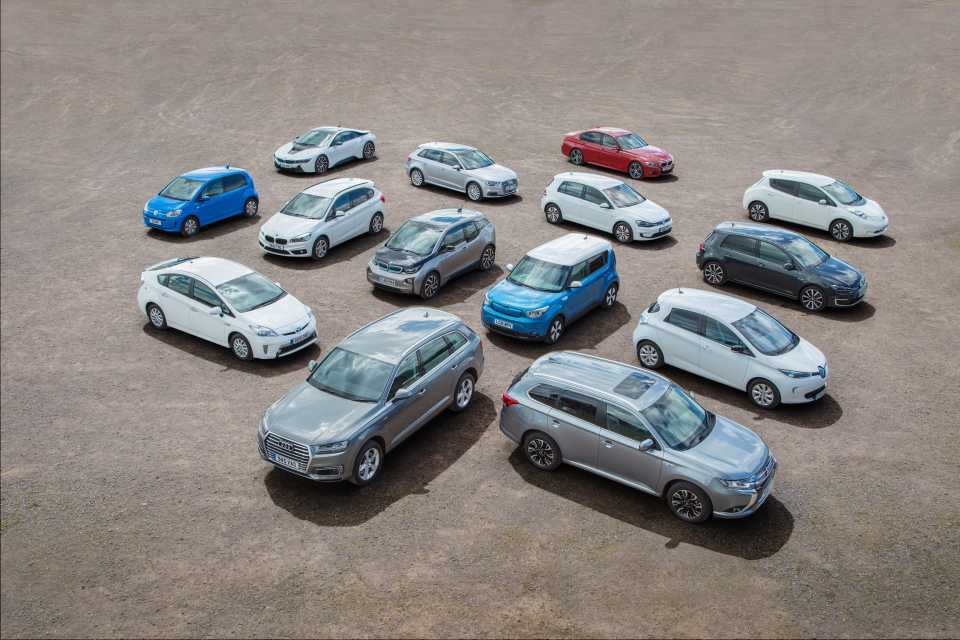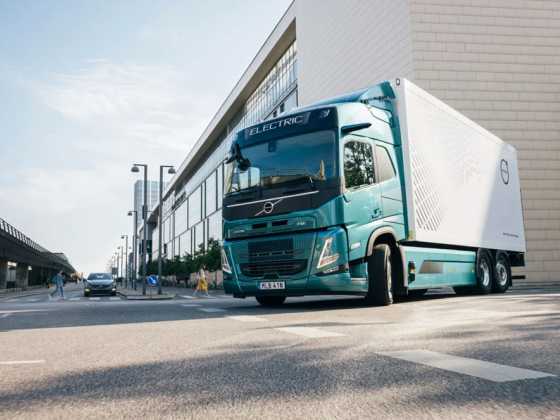Forty-two per cent of Brits unsure if you can put an EV through a car wash

There is still a lot of misunderstanding about electric cars from the British public, finds the latest research from Go Ultra Low.
One of the biggest areas of confusion is whether you can put an electric car through a car wash. While there is no problem doing so, 42% of Brits admit they aren’t sure if this is an option for pure electric cars.
As well as this, half of Brits (52%) think they wouldn’t be able to describe what a pure electric car is to someone else.
Underestimating the performance is also commonplace. Nearly half (47%) think a petrol or diesel car accelerates quicker than a pure electric, even though, in many cases, the opposite is true.
When it comes to cost, one in four (25%) Brits think that, over the lifetime of the car, maintenance costs are higher for pure electric cars than they are for petrol or diesel, when in fact a pure electric can cost around 70% less. Brits also believe it’s significantly more expensive to charge one than it actually is. On average, people think it costs £21.54 to fully charge a pure electric car, even though charging at home could cost as little as £3.643.
Most underestimate the number of models available for purchase – the average Brit thinks there are just nine models currently available in the UK, nearly half the correct figure (17) – and 42% of Brits think there are fewer than 15,000 pure electric cars on UK roads when there are already nearly 40,000.
Many Brits don’t realise how many charge points there are throughout the UK. On average they think there are only 6,000 charge point connectors, when actually there are more than twice that amount, at around 17,000.
There's also confusion about the different methods for charging a pure electric car – over a quarter don’t realise you can charge an electric car through a charge point installed at home (29%).
To combat the amount of mis-information on EVs, Go Ultra Low has published myth busting information.
Top 5 myths about electric vehicles busted:
1.Myth: Pure electric cars are slow.
Fact: Electric cars are quicker off the mark
While 47% of people think that petrol or diesel cars accelerate faster than pure electric, actually the opposite is true. Because an electric motor can generate power quicker than an internal combustion engine, most pure electric cars accelerate quicker than a petrol or diesel equivalent. The 2018 Nissan Leaf accelerates from 0-60mph in just 7.4 seconds!
2. Myth: They’re too expensive.
Fact: Actually, an electric car could save you money.
Pure electric cars may have higher upfront purchase costs, however you could actually save around £650 a year in tax and fuel if you choose pure electric over petrol or diesel6. And, with maintenance costs also around 70% less over a car’s lifetime, when it comes to your wallet, going electric is a no brainer. The government also provides a grant of up to £4,500 off the purchase of eligible pure electric cars.
3. Myth: There aren’t enough public charge points.
Fact: Not true! There are plenty of places to charge your electric car.
The average Brit thinks there are only 6,000 charge point connectors in the UK, when in fact there are more than double this, at 16,738! As well as this, there are rapid chargers at more than 96% of Motorway Service Areas, and the UK has one the largest rapid charge networks in Europe.
4.Myth: There are only a few of models to choose from.
Fact: Not anymore! There’s now an electric car for everyone.
When it comes to buying pure electric cars, people don’t realise how much choice there is. Go Ultra Low’s research reveals that the average person thinks there are 9 models to choose from, but in fact there are now 17 pure electric car models available for purchase in the UK.
5. Myth: Pure electric cars are a technology for the future
Fact: Here in the UK, the switch to electric has already begun
Though the average person in the UK thinks that pure electric cars are still a novelty on our roads, many motorists are already driving zero emission electric cars. There are nearly 40,000 already on the roads today and this figure is on the rise – around 6,000 have already been registered in the first 5 months of this year.



